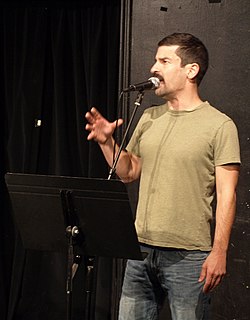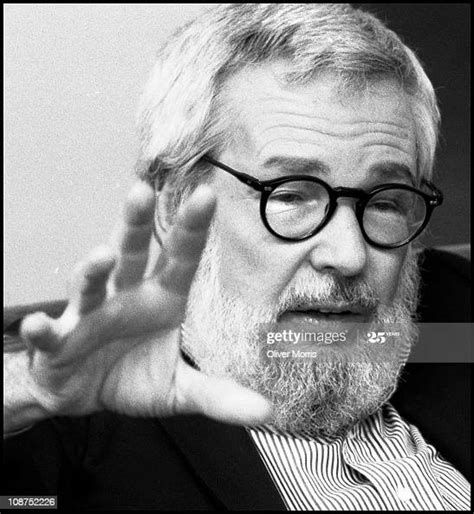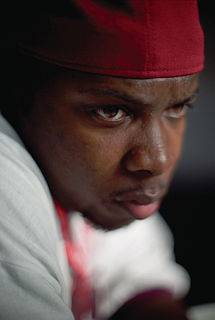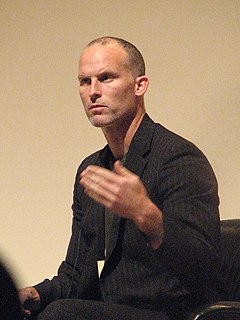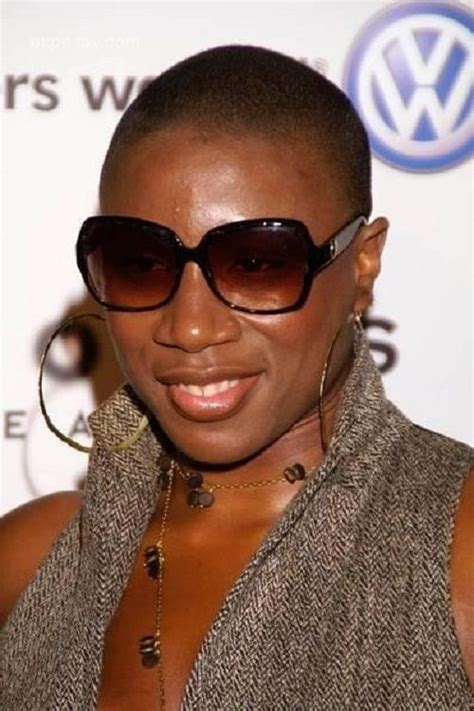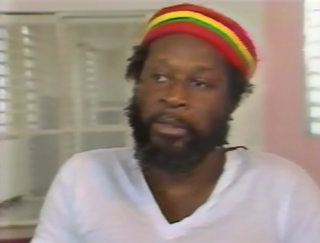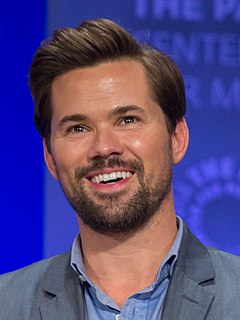A Quote by David Berman
The rules changed for art around 1989. We were all loosed upon the canon to clip and paste and borrow and update. Only thing is, unless you were in New York or in a cultural studies program, that new paradigm probably wasn't going to sink in until the Internet arrived.
Related Quotes
There was a kind of cultural life in New York that wasn't as solidified as it is now, it wasn't as money-driven. If you look at the size of the successful art galleries compared to the size of galleries now - there was no such thing as the Gagosian Gallery or Pace Gallery. But it was a time when magazines were a vital part of American life, and Esquire gave me a free pass to every world - I could get to the art world, the theater world, the movie world. It allowed you to roam through the cultural life of New York City.
A lot of the reason I left New York, in addition to being so broke, was that I just felt I was becoming provincial in that way that only New Yorkers are. My points of reference were really insular. They were insular in that fantastic New York way, but they didn't go much beyond that. I didn't have any sense of class and geography, because the economy of New York is so specific. So I definitely had access and exposure to a huge variety of people that I wouldn't have had if I'd stayed in New York - much more so in Nebraska even than in L.A.
What kind of motivated me to join the Black Panther Party was that I, along with some of the comrades that I was working with in New York, had heard about the Black Panther Party, and they were doing things that we wanted to do in New York, and we thought that would be a better vehicle than the vehicle that we had going on in New York. They were better organized, and they already had their Ten-Point Platform and Program, and people already heard about them. So we decided that we would join the party, when given a chance.
When you see reference to a new paradigm you should always, under all circumstances, take cover. Because ever since the great tulipmania in 1637, speculation has always been covered by a new paradigm. There was never a paradigm so new and so wonderful as the one that covered John Law and the South Sea Bubble - until the day of disaster.


